|
The Copenhagen Chansonnier and the ‘Loire Valley’ chansonniers Copenhagen – Copenhagen, The Royal Library, MS Thott 291 8° Edited and commented by Peter Woetmann Christoffersen, October 2013 NEW in 2025 · Leuven chansonnier edition complete |
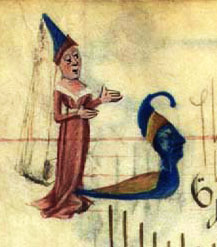 |
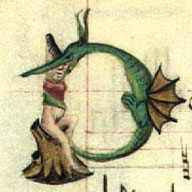 |
Scope and aim · The related sources · Open access · Use This site presents new, fully texted and annotated editions of the songs transmitted by the Copenhagen chansonnier and of the concordant versions in the other ‘Loire Valley’ chansonniers. The number of different songs, which is included in the edition, is still expanding, and it probably will expand further depending on the focus of future … read on |
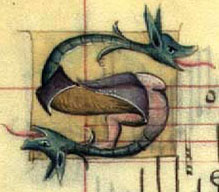 |
Prehistory My study of the Copenhagen chansonnier reaches back to the mid 1980s, to research done for my dr.phil.-dissertation on the French musical manuscript in the Royal Library, MS Ny kgl. Samling 1848 2° (see Christoffersen 1994). To my great luck, I then had the opportunity to work as leader of a small, professional vocal group, the Ensemble Charneyron. This made it possible to try out the artistic scope … read on |
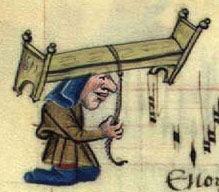 |
Principles of transcription The transcriptions offered on this site represent performances. More precisely they are interpretations by the editor of the songs performed on paper by the scribes of the individual chansonniers. I am well aware that the pendulum now has swung back to publishing new editions of old music in transcriptions, which use the original note values and clefs, and not infrequently in a … read on |
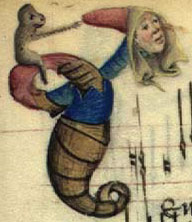 |
Performance and sources Each version in the six related chansonniers is regarded as a valid performance of the chanson by the scribe/musician, and therefore is published separately. A result of this strategy is that editorial intervention can be kept at a minimum. In most cases there will be no attempts to conjecture the intentions of the composer or to reconstruct exactly what the composer had written when the music left his pen. … read on |
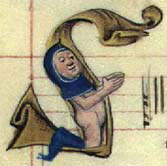 |
Dating and location of the sources Traditionally, the creation of the five related chansonniers plus the recently rediscovered Leuven chansonnier has been regarded as a process stretching from the early 1460s into the 1490s – including most of the additions to their repertory. This temporal span must now be compressed into a much shorter period of time concentrated to the 1470s. Jane Alden has argued for slightly later datings … read on |
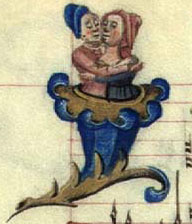 |
The role of the Dijon scribe · poetry and music With the edition of the Copenhagen chansonnier completed on this website, a primary goal becomes to analyse in greater detail the Dijon scribe’s activity as copyist-performer and as editor of music. The Copenhagen Chansonnier is still central to this examination, as it seems to represent his final thoughts on some chansons. Several of them are in reality unica, because we only know … read on |
|
© Peter Woetmann Christoffersen 2013 |
|||
|
The project has been supported by the Carlsberg Foundation (1988) and by the University of Copenhagen (2007-2011) |
||
|
Department of Arts and Cultural Studies, University of Copenhagen |
||
Last updated 01-Feb-2025 |
||